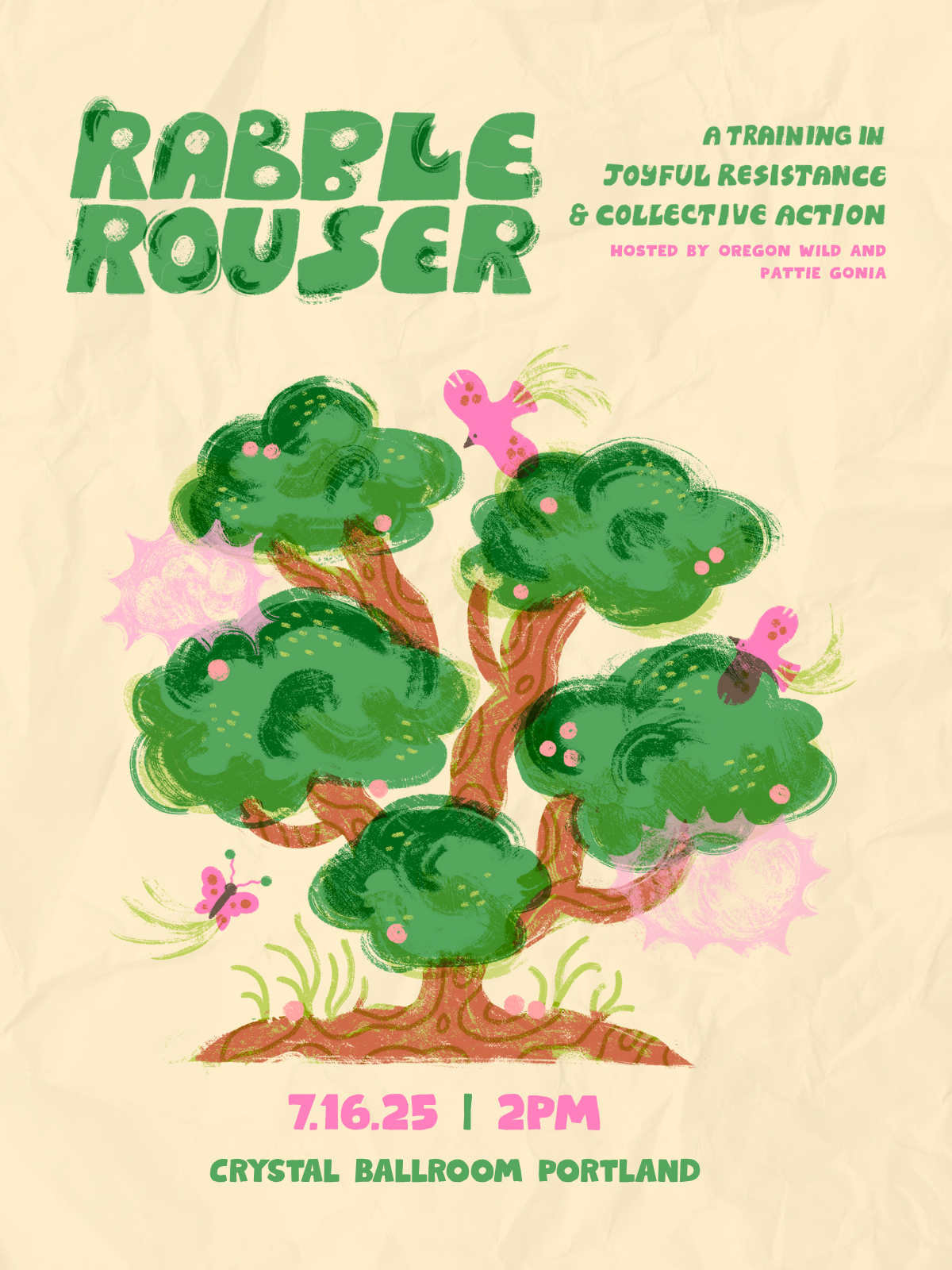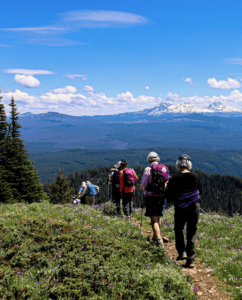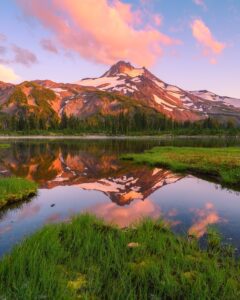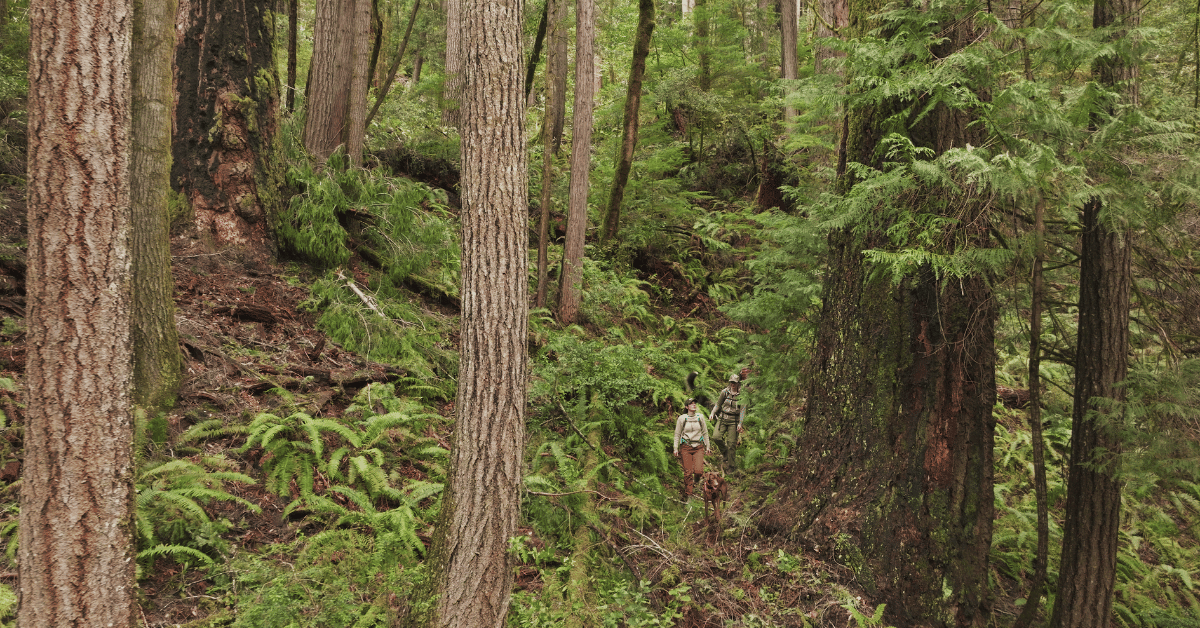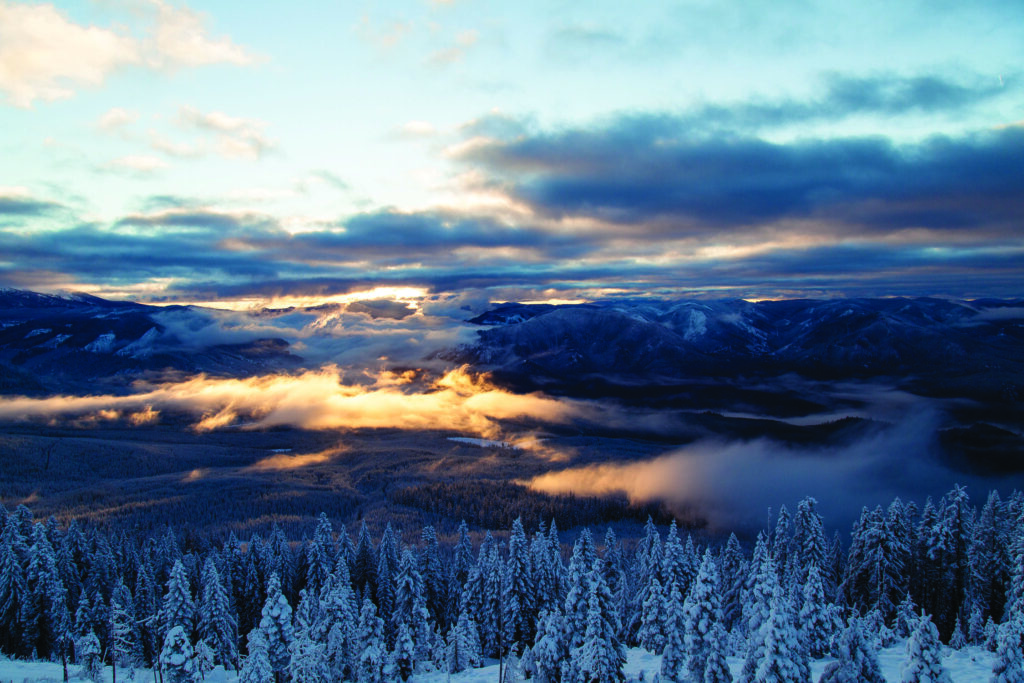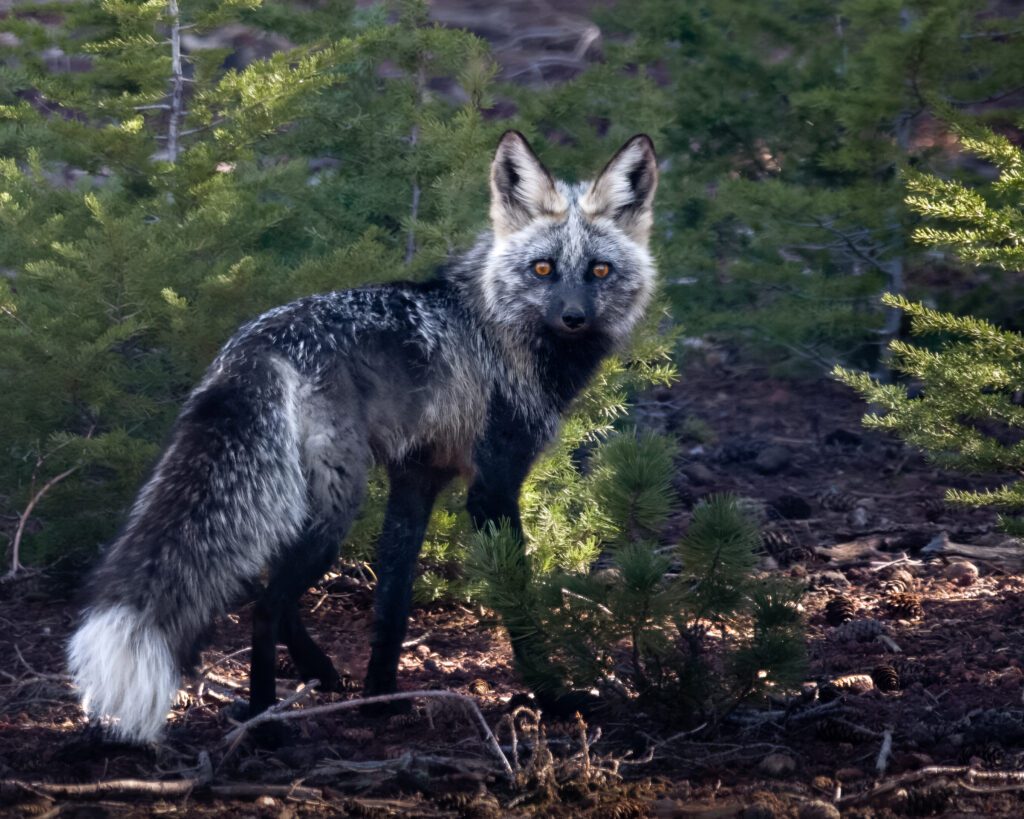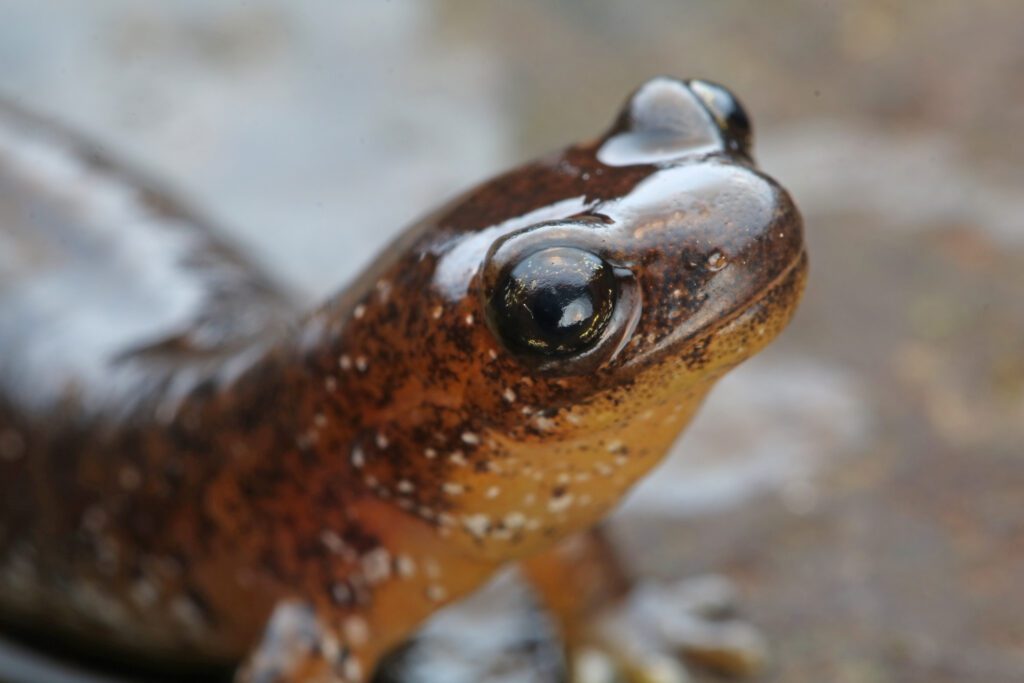Eugene, OR
Contact for more information
Today, conservation groups challenged a Bureau of Land Management (BLM) logging project that would clearcut mature and old-growth forests and degrade protected wildlife habitat for endangered species. The Big Weekly Elk logging sale, proposed by the BLM’s Coos Bay District, includes logging over 3,500 acres of forest, including areas supposed to be set aside to protect marbled murrelets.
“This area consists of designated reserves set aside to provide old-forest habitat for imperiled species,” said Nick Cady, Legal Director with Cascadia Wildlands. “But the agency is now proposing to heavily log these areas to meet internally generated timber targets and did not even consider the impacts this logging would have on these species.”
The BLM’s 2016 Resource Management Plan outlines requirements to protect marbled murrelets and northern spotted owls. Big Weekly Elk ignores these rules, logging and building roads through 55 known marbled murrelet sites and threatening five known northern spotted owl nesting sites. Despite the presence of these vulnerable species, the BLM refused to conduct an analysis of how the logging project would impact murrelets or owls.
“Mature and old-growth forests like those the BLM is proposing to log here are vital, not just for endangered species and clean drinking water, but also for capturing and storing carbon to fight climate change,” said John Persell, Staff Attorney for Oregon Wild. “The BLM needs to do its job, what it is legally required to do, not just blindly log and clearcut our public lands.”
“This area has already been hammered by private and BLM clearcuts. Now they’re going after what’s left, and they’re not going to let anything get in the way, including their own rules.”
The lawsuit asserts the BLM violated the National Environmental Policy Act by failing to complete a detailed environmental impact statement for Big Weekly Elk, and by failing to take the requisite “hard look” at impacts to endangered species habitat, carbon storage, and a host of other environmental values. The project is surrounded by private lands logging, as well as the BLM’s own Coos Bay Landscape Management Project, which together have already decimated the forest cover in the region, yet the BLM took none of these activities into account in its determination that its logging will have no impact. The areas targeted by the BLM are some of the last intact forest stands in the area.
“This area has already been hammered by private and BLM clearcuts,” said Madeline Cowen, Grassroots and Digital Organizer for Cascadia Wildlands. “Now they’re going after what’s left, and they’re not going to let anything get in the way, including their own rules.”
In proposing to log mature and old-growth forest stands, Big Weekly Elk also contradicts President Biden’s 2022 Executive Order to protect mature and old-growth forests as a natural climate solution. In March, the BLM announced its wide-ranging “Conservation and Landscape Health” rule, with a goal to “promote ecosystem resilience on public lands” and included an acknowledgment of the importance of mature and old-growth trees and forests. The agency concluded a public comment period for proposed rulemaking in July, with hundreds of thousands of people calling on the federal government to protect mature and old-growth trees and forests from logging.
“Big Weekly Elk includes logging mature and old-growth forests, the very forests that are the most effective tools available for mitigating climate change and promoting biodiversity,” said Victoria Wingell, Forests and Climate Campaigner for Oregon Wild. “They store huge amounts of carbon and keep it out of the atmosphere. As the world experiences record-shattering heat and widespread climate disasters, protecting these forests is critical for preventing the worst impacts of climate change.”
